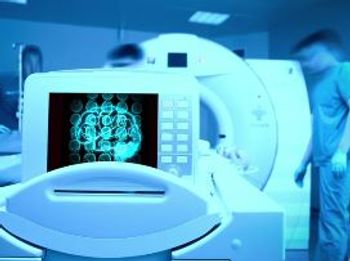
A study that compared motor and nonmotor outcomes of DBS for Parkinson disease may show promise for patients' quality of life.

A study that compared motor and nonmotor outcomes of DBS for Parkinson disease may show promise for patients' quality of life.

Is caffeine consumption associated with risk for Parkinson disease? Is there a short-term benefit to caffeine that is sustainable over the long term? These questions and more in this quiz.

Delirium, psychosis, impulse control disorders: these are among the psychiatric problems associated with dopaminergic medications that control PD motor symptoms. Take the quiz.
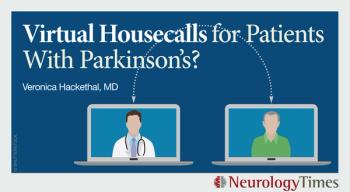

An emphasis on importance of taking a detailed history and careful neurologic examination focused on the vestibular system.

While it is premature to conclude that changes in intestinal microbes influence the genesis or progression of PD, preliminary evidence indicates that they may be associated with inflammation in the intestinal wall.
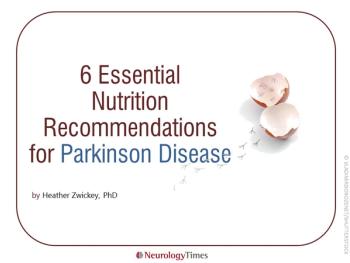
This article provides some straightforward nutritional recommendations that neurologists can share with their patients.
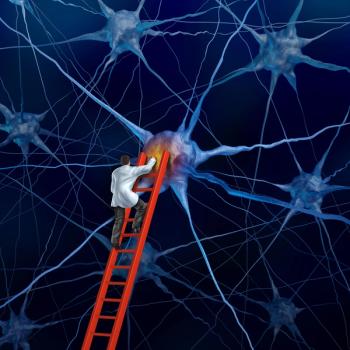
Exenatide, a GLP-1 agonist, has been shown to protect neurons. The authors of two small studies of this agent's effects on motor function in Parkinson disease discuss the evidence here.
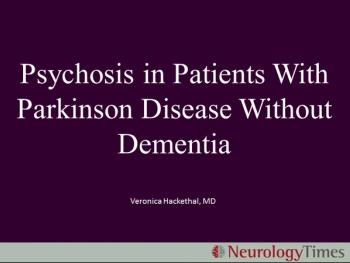
How common is psychosis in PD? Implications? Risk factors? Insights here, and measures that may help.
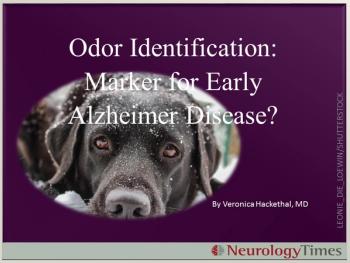
OI may serve for research purposes as a simple and inexpensive indicator of evolving AD pathology. Details here.
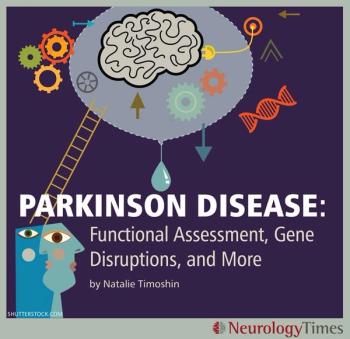
New Parkinson disease studies offer insights into topics such as LRRK2 G2019S transgene activity, preclinical drug development, and neuroprotection in Parkinson disease.
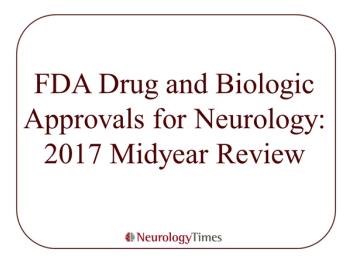
Seven new drugs were approved for treatment of neurological disorders, including Parkinson disease, multiple sclerosis, and amyotrophic lateral sclerosis.
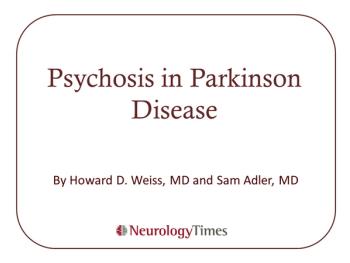
A host of neuropsychiatric disorders are intrinsic to Parkinson disease or occur as a complication of the dopaminergic therapies. Here's what to look for.
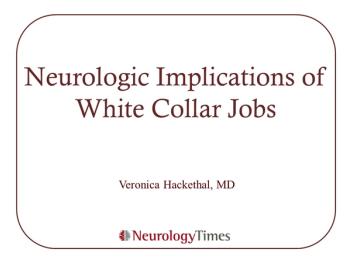
Jobs associated with higher economic status appear to be risk factors for these neurologic disorders.
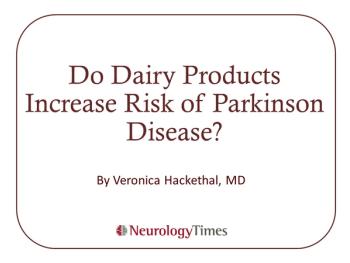
The largest study to date of a potential link between dairy intake and Parkinson disease found that risk varies depending on fat content and total intake. Details here.
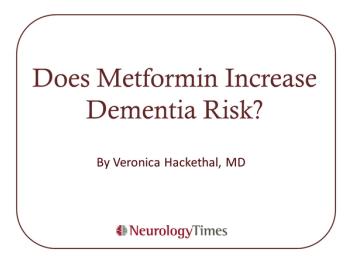
Here is evidence that metformin, especially at high doses and for long periods, is associated with increased risk for neurodegenerative diseases and dementia.
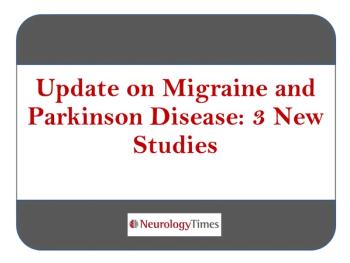
New studies shed light on the potential role of monoclonal antibodies in migraine prophylaxis and in Parkinson disease and on a common genetic pathway shared by PD and autoimmune diseases.
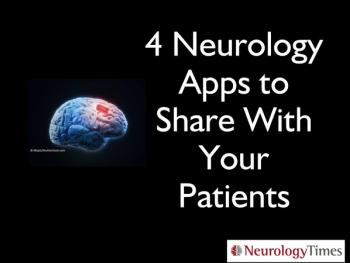
These mobile apps provide tools to record medication details and reminders, first aid instructions, step-by-step recovery guides, and other topics of concern for you and your patient.

Researchers tested the accuracy of the Movement Disorder Society’s criteria for diagnosing Parkinson disease.
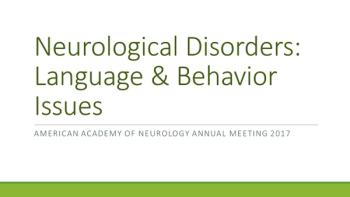
Studies discussed include neuropsychiatric symptoms leading to mild cognitive impairment and gesture comprehension and language in children with autism.
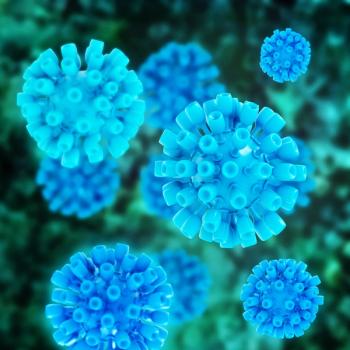
There is new evidence of a role for viral hepatitis B and C in the development of Parkinson disease.

Researchers studied the complicated relationship between GRIN2A, caffeine consumption, creatine, and progression of Parkinson disease.

From the first hand-held vagus nerve stimulator for episodic cluster headache to a TMS therapy system for depression, we highlight 5 new technologies.
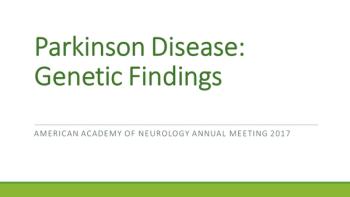
Research at AAN 2017 highlights research of genes that may help predict the likelihood of developing Parkinson disease and progression of the disease.

Patients with Parkinson disease experiencing “off” episodes on levodopa/carbidopa now have another treatment option.